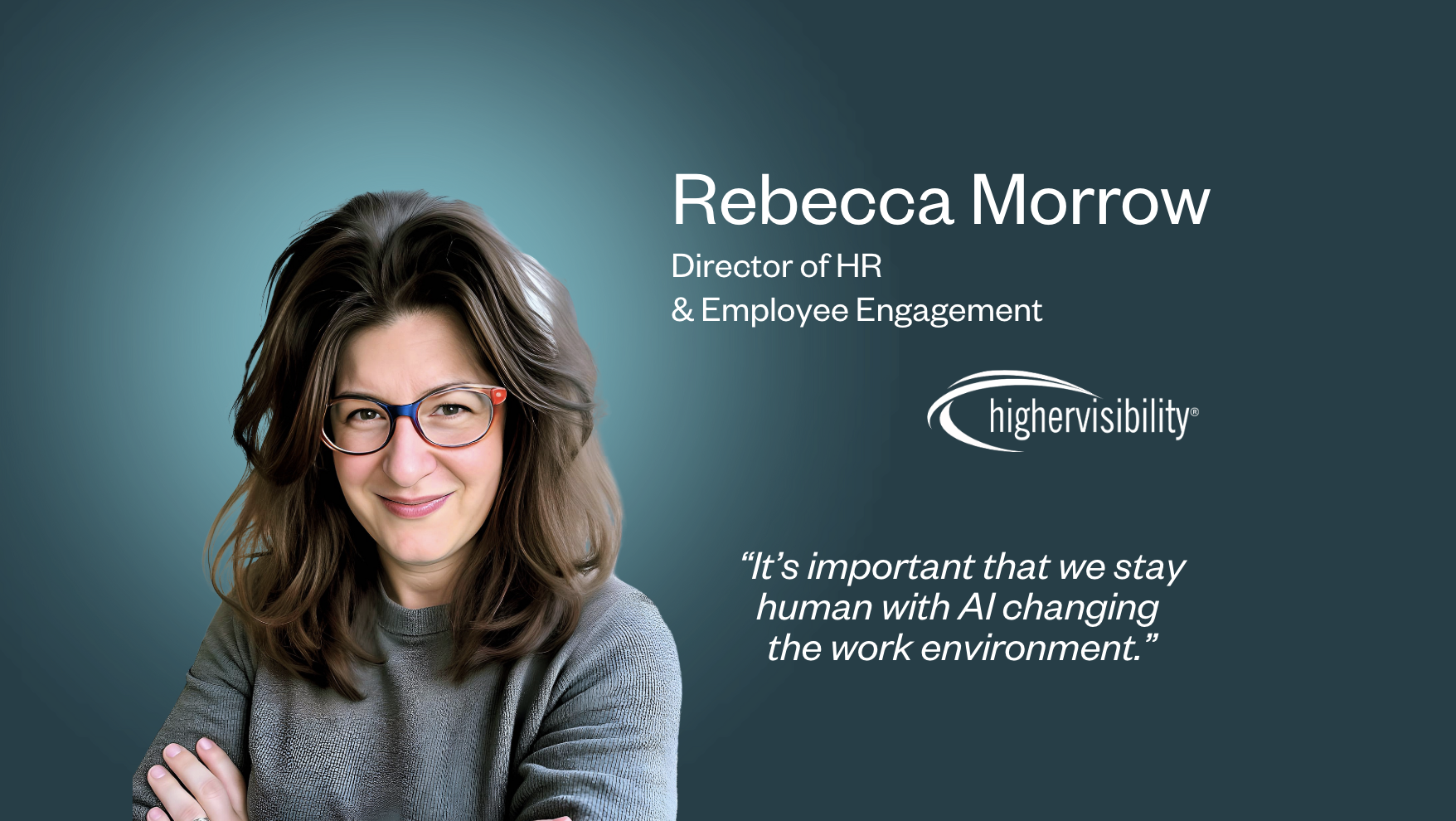As discussed in our previous article, “The Great Resignation” is plaguing companies.
We highlighted that this phenomenon is at its highest when employees are not engaged and listed a few key causes, including lack of development opportunities, increased levels of burnout, and the shift in overall mindset towards prioritising a life of purpose. The economic environment also provides for more opportunities and gives employees a sense that if they resign something better will be available.
Compensation is certainly not the main reason for people leaving their company. Studies also show that high levels of employee engagement can reduce turnover by up to 65%1. Thriving cultures provide for an environment that fosters strong bonds, gives people a sense of belonging and positively influences engagement.
So, if you want to keep your talent, does it not make sense to cultivate a culture where teams are highly engaged and feel committed to their work and company?
Check-in with your employees
Scheduling one-on-one interactions with each team member to check-in on topics work related and not, helps people feel a sense of connection. Whether you are in a virtual set-up or on-site, team members yearn for the opportunity to be heard and seen. Managers should create a dialogue where both parties are at ease to share their experiences, concerns and vulnerabilities.
This helps relate to team members’ situations, in other words, to be empathetic. By understanding a team member’s unique needs, wants and expectations you can shape the actions that make them feel supported, allow them to show up authentically and feel accepted.
Normalise purpose at work
A Mckinsey study found that 63% of employees want their employers to provide more opportunities to find meaning and purpose in their work2. Understanding what drives each of your team members will help you be a more efficient leader. Give your team opportunities to craft certain aspects of their work, to align with their unique strengths and values.
Be generous in your praise
Recognition is a powerful way to boost employee morale3. Employees want to feel that the work they do is meaningful and it ties back to the overall company’s success. High-recognition culture companies have been shown to have 31% lower voluntary turnover compared to companies with a poor recognition culture4. One way to do this is by encouraging and creating a space for peer-to-peer recognition. This is an inclusive way for companies to encourage employees at every level to participate in cultivating a supportive culture.
Prioritise learning and development
In it’s 2020 study, the Work Institute found lack of career development opportunities as the most popular reason to leave a company5. Since employees are key to their own learning, take a collaborative approach and empower them to drive their own learning and development. One-to-one coaching can be a great solution. It provides employees with a completely tailored safe space to supercharge their career.
Offer flexibility and control
The prevalence of stress and burnout during the pandemic has pushed people to strive for a better work-life balance. A study has shown that employees are 43% less likely to experience high levels of burnout when they have a choice in deciding what tasks to work on, when to do them as well as how much time to spend on them. Another survey shows that 54% of employees would consider leaving if they didn’t have flexibility in where and when they worked6. Companies need to be responsive to the needs of their people and make flexibility and control a part of their new return-to-work strategy.
The pending resignation wave is an awakening for companies to take a proactive approach towards fostering engagement and building a culture defined by meaningful work, support and deep connections. This puts them in the best position possible to retain their employees and prevent the effects of “The Great Resignation”.
1 Sorenson, S., 2021. How employee engagement drives growth. Gallup.com.
2 Dhingra, N. et al., 2021. Help your employees find purpose–or watch them leave. McKinsey & Company.
3 O’Flaherty, S., Sanders, M. and Whillans, A. 2021. Research: A Little Recognition Can Provide a Big Morale Boost. [online] Harvard Business Review.
4 Deloitte Insights. 2015. Becoming irresistible: A new model for employee engagement. Deloitte [online]
5 T. F. Mahan, D.A. Nelms, Y.Jeeun, A.Jackson, M.Hein, and R.Moffett., 2020 . 2020 Retention Report: Trends, Reasons & Wake Up Call. Franklin. TN: Work Institute, 2020
6 Work Reimagined Global Employee Survey – Key findings and implications for ICMIF. 2021. [online] Ernst & Young.



